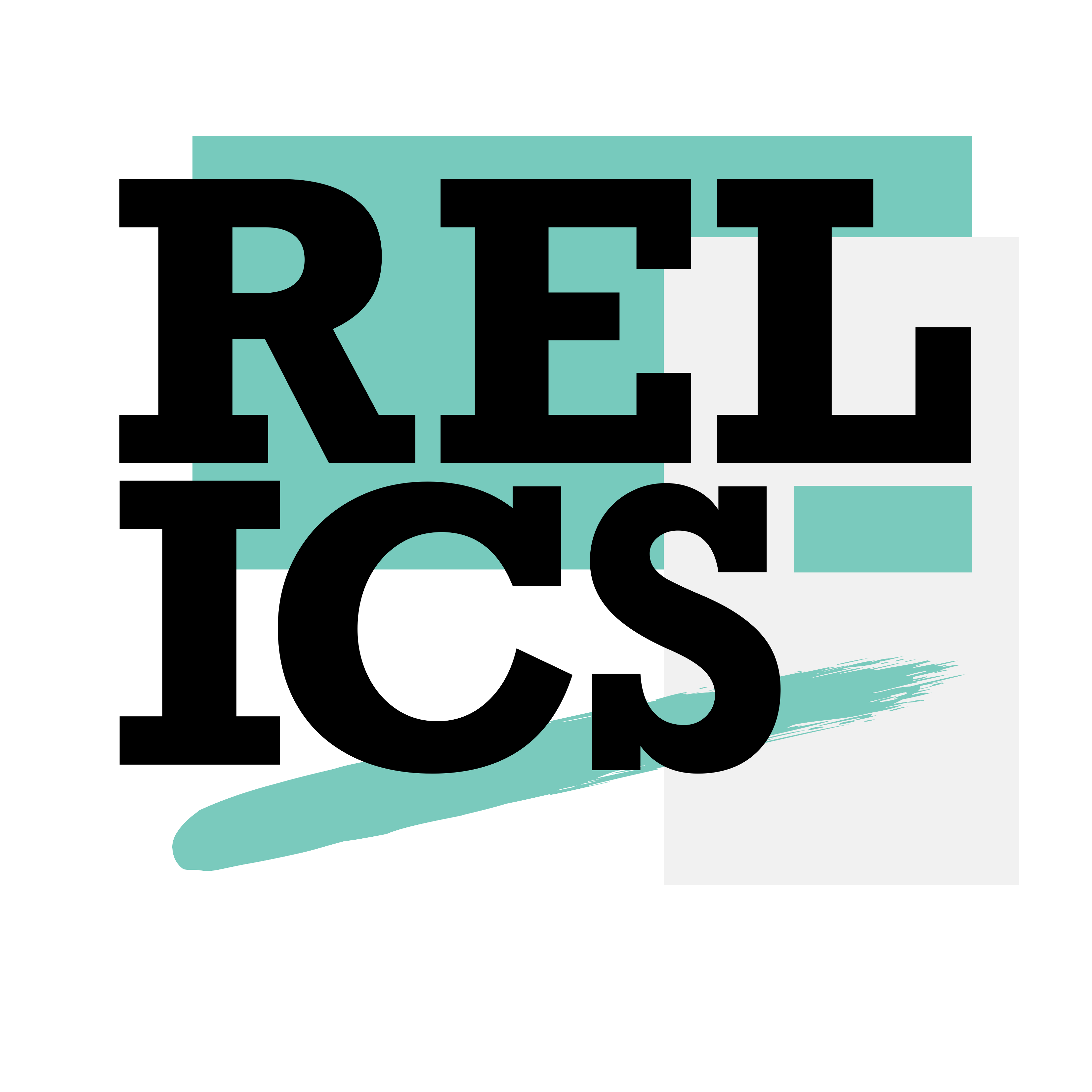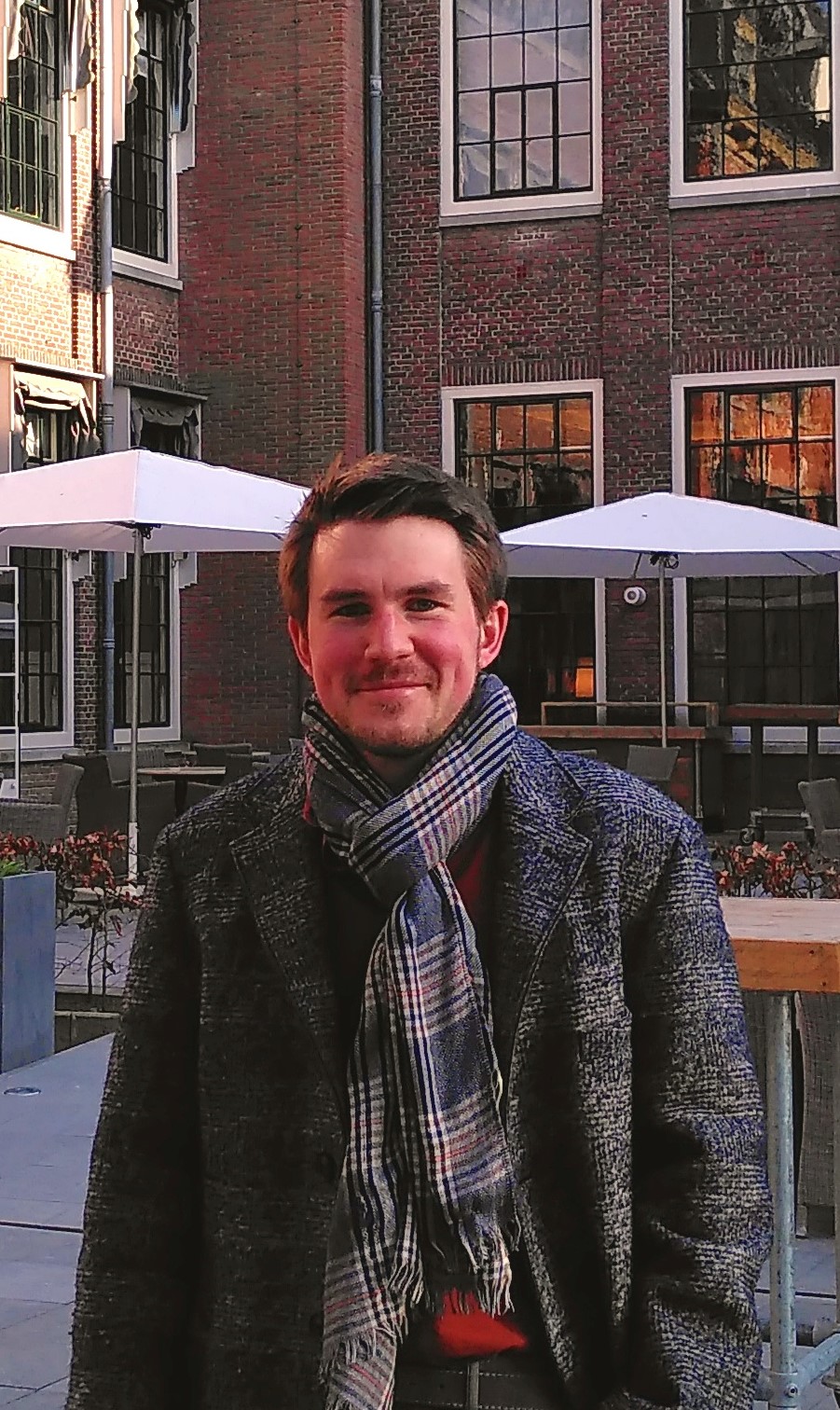Profile
Postdoctoral Researcher and Lecturer in Medieval and Neo-Latin literature
Universität Münster
Email: lukas.reddemann@uni-muenster.de
Web: https://https://www.uni-muenster.de/Mittellatein/mitarbeiter/reddemann.html
Lukas Reddemann is a Postdoctoral Researcher at the Department of Medieval Latin and Neo-Latin Philology at the University of Münster. In 2021, he was a Brill fellow at the Scaliger Institute situated at the Leiden University library. In 2023, he completed his PhD programme in Neo-Latin Philology with a thesis on descriptions of states in the 17th century. His main areas of scholarly interest are Dutch late humanism, the reception of the classics, the history of emotions, and intersections of book history, university history and intellectual history in early modern times, especially during the 16th and 17th centuries.
In my PhD dissertation, I studied the impact of a series of state descriptions published in the first half oft he 17th century. I was interested in how the specific structure and scope of such descriptions shaped a certain vision the Early modern world and what was particularly important to report about its parts. Therefore, I worked at the intersections between philology, intellectual and political history, as well as book history. In my view, it is useful to ask for both the intellectual impact of texts as well as its setting, that is to say its practical (e.g. political, religious, intellectual, identificational, economic, rhetorical) functions. The choice of Latin as the language of printed publications is not self-evident, but a key factor to determine such functions of texts.
Within the RELICS network, I am particularly interested in further exploring the boundaries of Latin both as language (in exchange with the vernaculars) and as academic discipline. I am convinced that interdisciplinary concepts offer a more fruitful understanding of early modern discourses and have to cross the borders of traditional academic domains. The unique role of Latin within early modern literary cultures and literary history offers an important point of departure for such research approaches.

